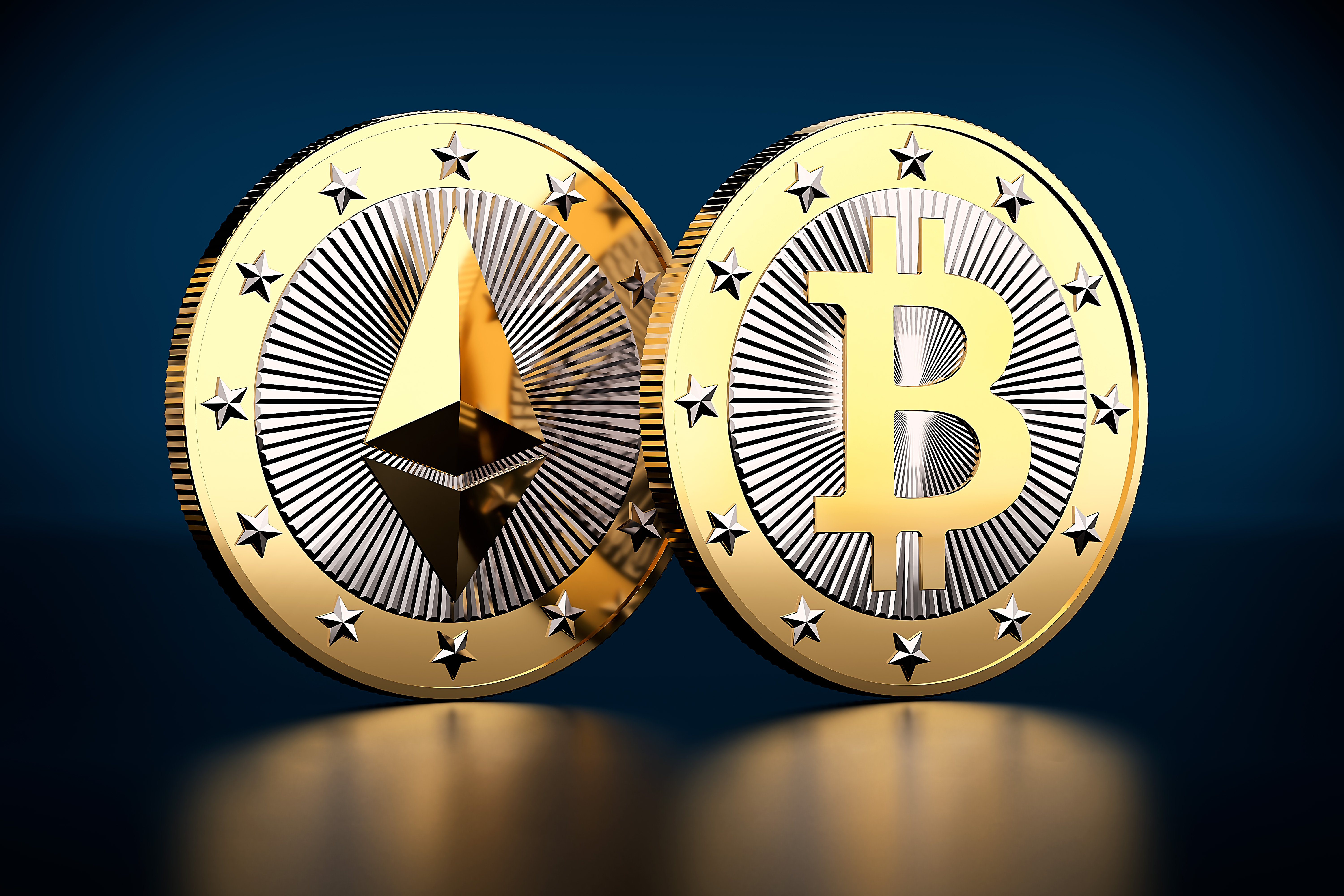Understanding the Difference Between Coins, Tokens, and Protocols
cryptocurrency·@dannyzen·
0.000 HBDUnderstanding the Difference Between Coins, Tokens, and Protocols
Understanding the difference between coins, tokens, and protocols can be difficult. You may hear the terms a lot, but they are rarely explained. This article should make the differences clear. Keep in mind, these are not technical descriptions. I am just trying to help you understand the basic concept of how each piece fits into the blockchain ecosystem. <b>Blockchain</b> Let's use global language as a metaphor for cryptocurrencies. The concept of language itself is equivalent to the blockchain. It is just an idea, which is brought to life by specific languages (or protocols). <b>Protocols</b> In "normal life" we have languages like English, French, Japanese, Korean and more. In crypto, we have protocols like Bitcoin, Ethereum, Ripple, and NEO to name a few. Let's use Ethereum as our main example. The Ethereum protocol is equivalent to the rules of English. It is grammar, sentence structures, etc. These rules create standards for communication. In English, communication happens between humans. In Ethereum, communication happens between nodes. <b>Coins</b> If Ethereum is the rules of English, the Ether coin is English as a spoken language. It is the functional result of the rules defined by the protocol. <b>Protocols On Top of Protocols</b> Other protocols exist on top of the Ethereum protocol. 0x and Civic are two examples. These are like different standard ways of speaking in English. The language used in service jobs is different than language you'd use with your friends, for instance. There are different sets of rules for different contexts. You might say "What's up dawg?" to your best friend. However, a hotel receptionist would say, "Hello sir, how are you doing today?" Although you are speaking English in both cases, the rules have changed. Similarly, the 0x and Civic protocols both exist on Ethereum, but set standards for different contexts. <b>Tokens</b> Of course, "Formal English" and "Casual English" can each have many different use cases. You may use "Formal English" to check in guests at a hotel. You may use it as a server at a restaurant. You could use casual English to tell jokes, ask someone on a date, etc. These specific use cases are equivalent to tokens. Tokens are used for specific applications of protocols. For example, the ERC20 token Aventus uses a token for their event ticketing platform. The 0x protocol also has the 0x token, which is used to power exchanges built on the protocol. The potential use cases are essentially infinite. <b>Recap</b> Language itself = Blockchain English grammar = Protocol (Ethereum) Spoken English = Coin (Ether) Ways of speaking English = Protocol on top of protocol (0x/Civic protocols) Speaking English to serve food at a restaurant = Token (Aventus, 0x token) If you liked this article, please upvote! I hope this clears things up for you :) *~Special thanks to @ivanli for his video on this topic. It helped me understand the difference when I started doing research~*
👍 dannyzen, macellus, andrarchy, jupiter002, ibringawareness, acidyo, pharesim, ausbitbank, full-measure, killuminatic, dks100, bustami83, hiimamazing, wackou, triverse, ma1neevent, rahul.stan, luchgalicia, ramahm, fortunee, siskop, fenequedvm, ajai, fclaird, kryptozoo, bitcoindad80, pouchon, timcliff, mod-tamichh, billsurf, pacosteem, jfk971, championtv, nickskywalker, crypto-expo, hanjo42, try3, daandg, punwik, cryptoshane420, maloneyj55, liquidtravel, the-artist-ai,